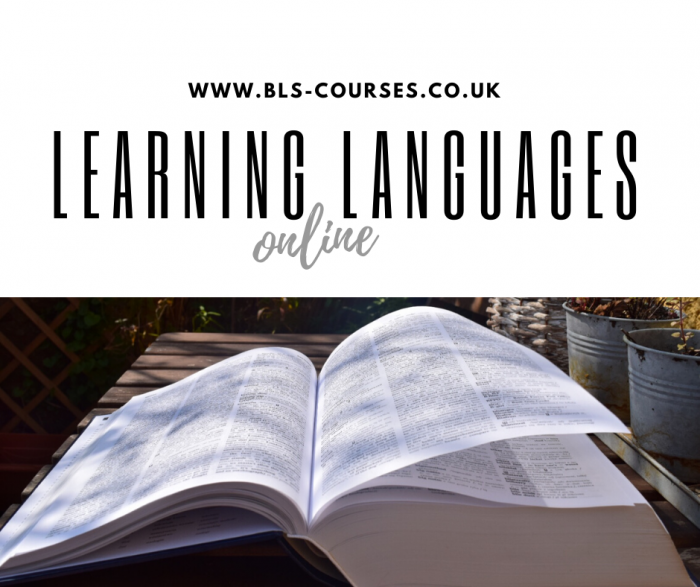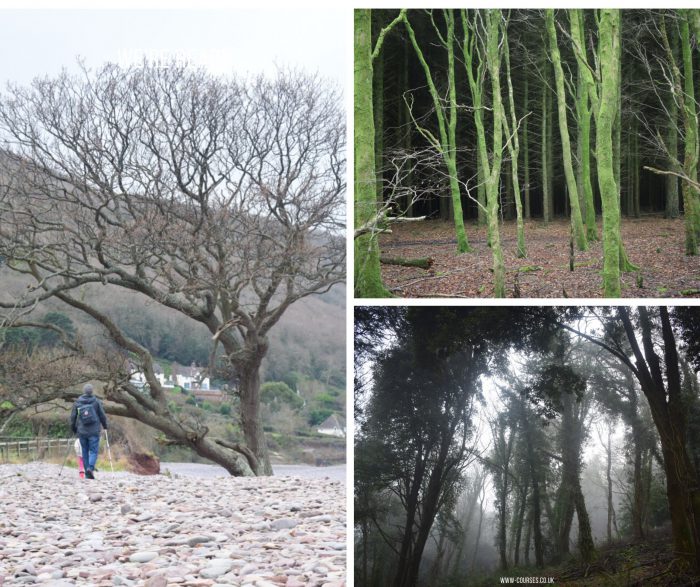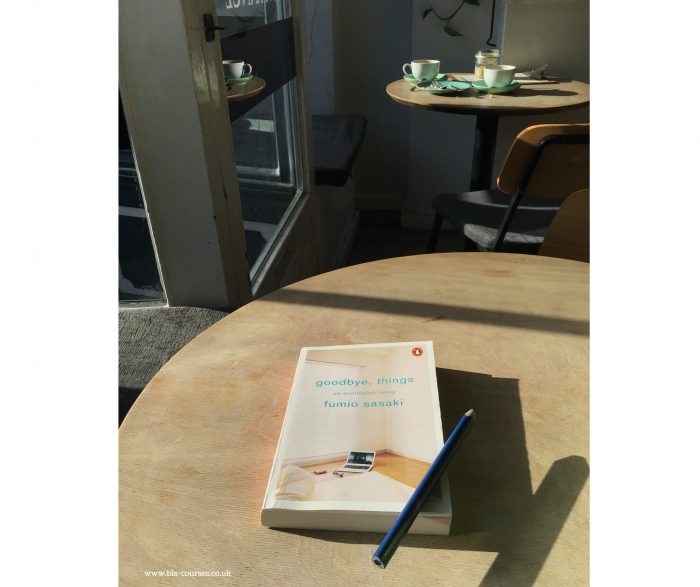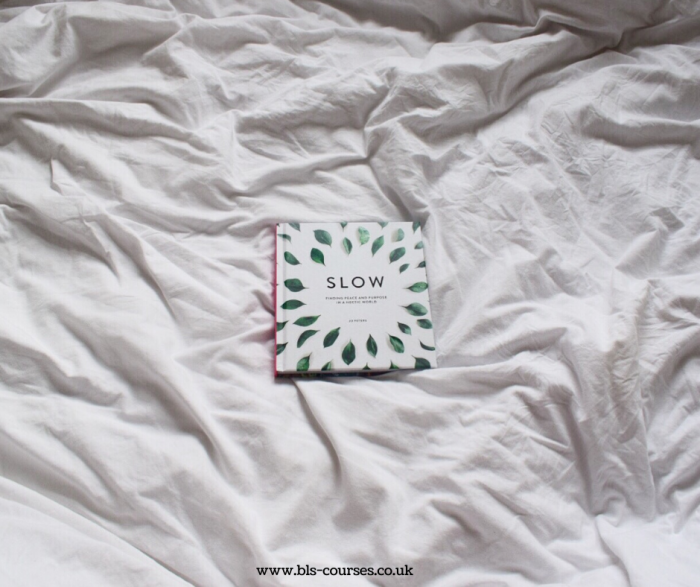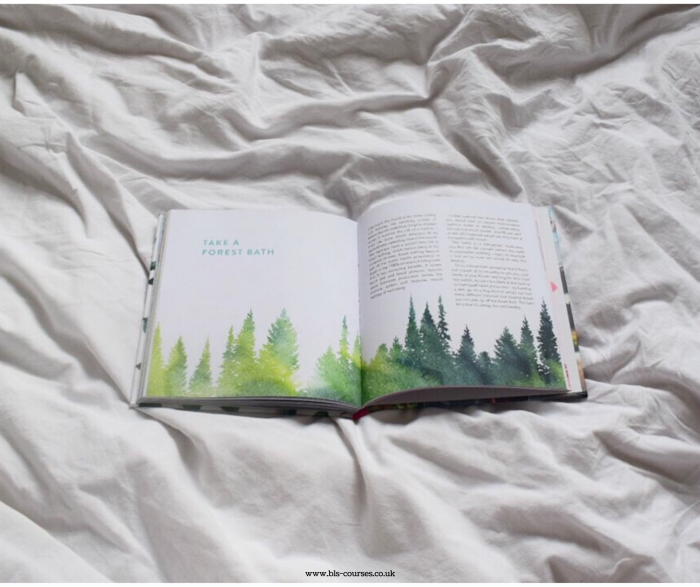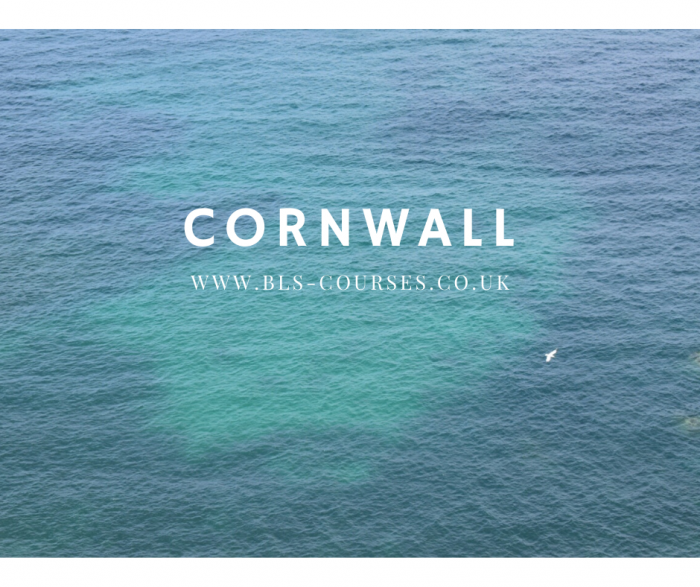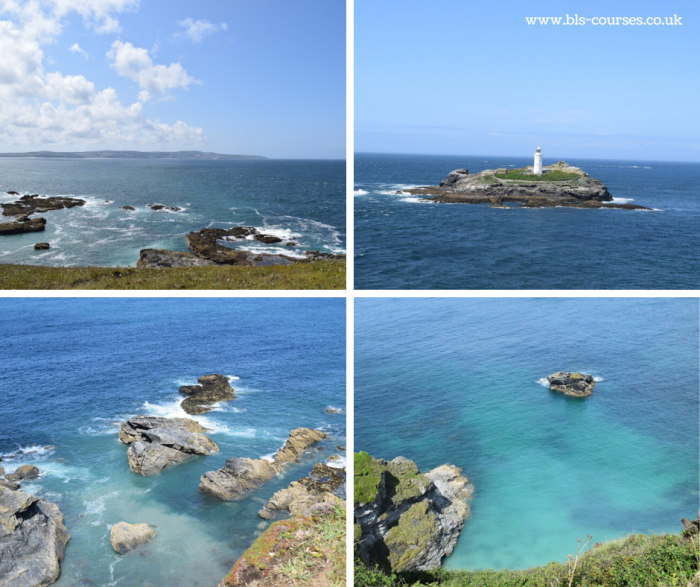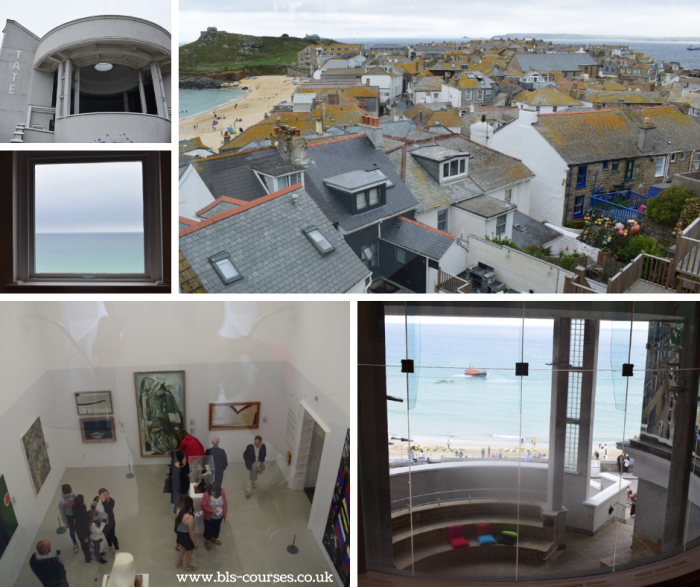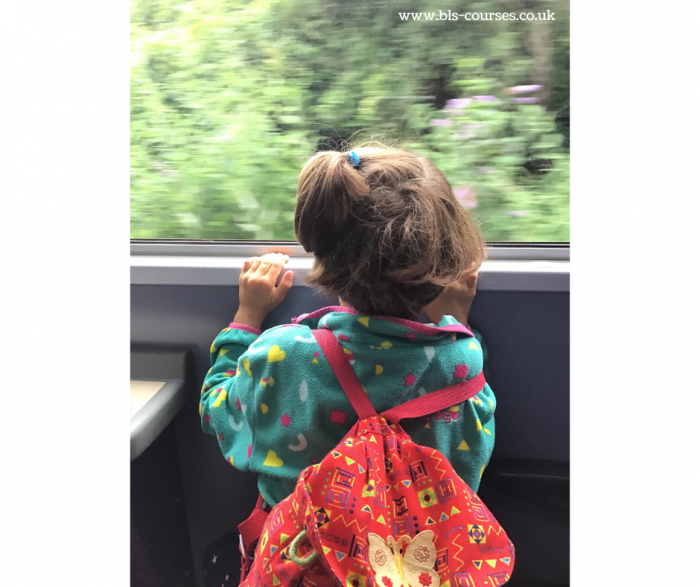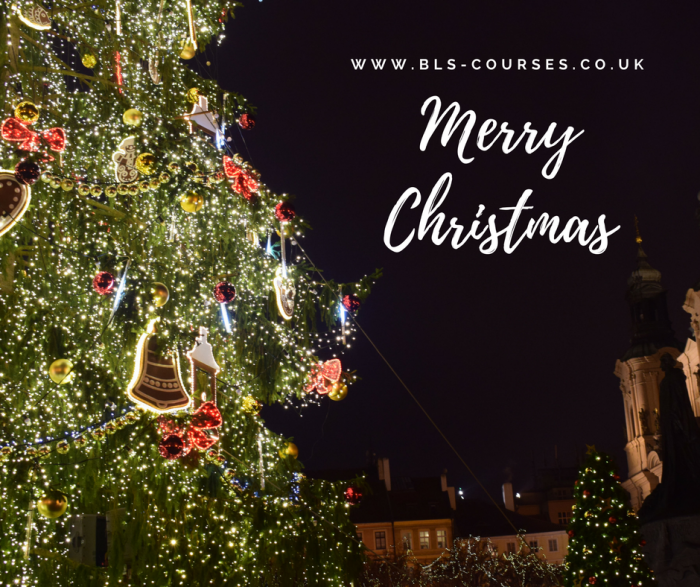The author Meik Wiking is probably mostly associated with the concepts hygge and lykke, as he wrote two books exploring those Danish lifestyle ideas (you’ll find my book reviews here and here). So when I saw his new publication, I knew I wanted to read it to learn more about how to live a happier life, especially since the author is the founder of the world’s first Happiness Research Institute, based in Copenhagen, Denmark.

If you have read any of Meik Wiking’s books, you will know that he has a fantastic sense of humour, great distance to his life and himself and, in my humble opinion, he writes his books in the hygge spirit; you’ll find them heart-warming, kind and funny.
So Christmas is coming and we may want to create it as a memorable moment. Even though I find Christmas very special, I don’t remember each and every one of the Christmasses I have experienced in my life. I remember when I got an enormous amount of books one Christmas when I was a child, when we went to the mountains or to Scotland, when we celebrated it in one tiny room which I and my husband were renting then (we had the floor heated, so no cold feet!), the last Christmas together with my father-in-law before he passed away and of course, the first Christmasses of our daughters. OK, that’s enough, or I’ll soon start crying and will never finish this book review!

So, what is the recipe for making happy memories? Meik Wiking has some practical ideas that can help you turn your ordinary everydayness into memorable special moments, for example having a new experience (do you speak foreign languages? Learn a new language!), using all your senses (how does childhood’s innocence smell?), paying full attention (remember: what you pay attention to, grows), connecting with your loved ones (invite your friends over and prepare for them the most scrumptious dessert & some Japanese tea/Colombian coffee and don’t forget to invite me!), sharing your embarrassing story (oh yes, that can be a good one especially at family gatherings), challenging yourself (I always think about it when I practise some sports, go an extra mile and you’ll feel so much better), telling a story (remember and retell those wonderful/funny/scary stories of your life), create and treasure memorable objects (I remember when my friend in high school, started writing a diary for her future children, to be given when they’re 18, special huh?)). And if you want to plan a memorable year, there are some tips/ideas on this subject, too.

As we keep reading Meik Wiking’s book, we discover how fascinating our memory is and as we know memory is an integral part of language learning. We want to memorise the vocabulary, grammar structures, cultural rules, etc. So is there a secret ingredient that can help us remember better? It’s association! “As a consequence, forgetting may be caused by a simple lack of appropriate cues that spark the memory.” (p. 106) The next time you have a list of vocab to learn, try to associate the words with some images, objects or specific circumstances, I bet you’ll remember them better! Also, you can read our blog posts on vocab learning (here and here).
My favourite story is on pages 279-281, once you’ve read it, do let me know if you find it special, too. And enjoy reading the book!
Kinga Macalla
